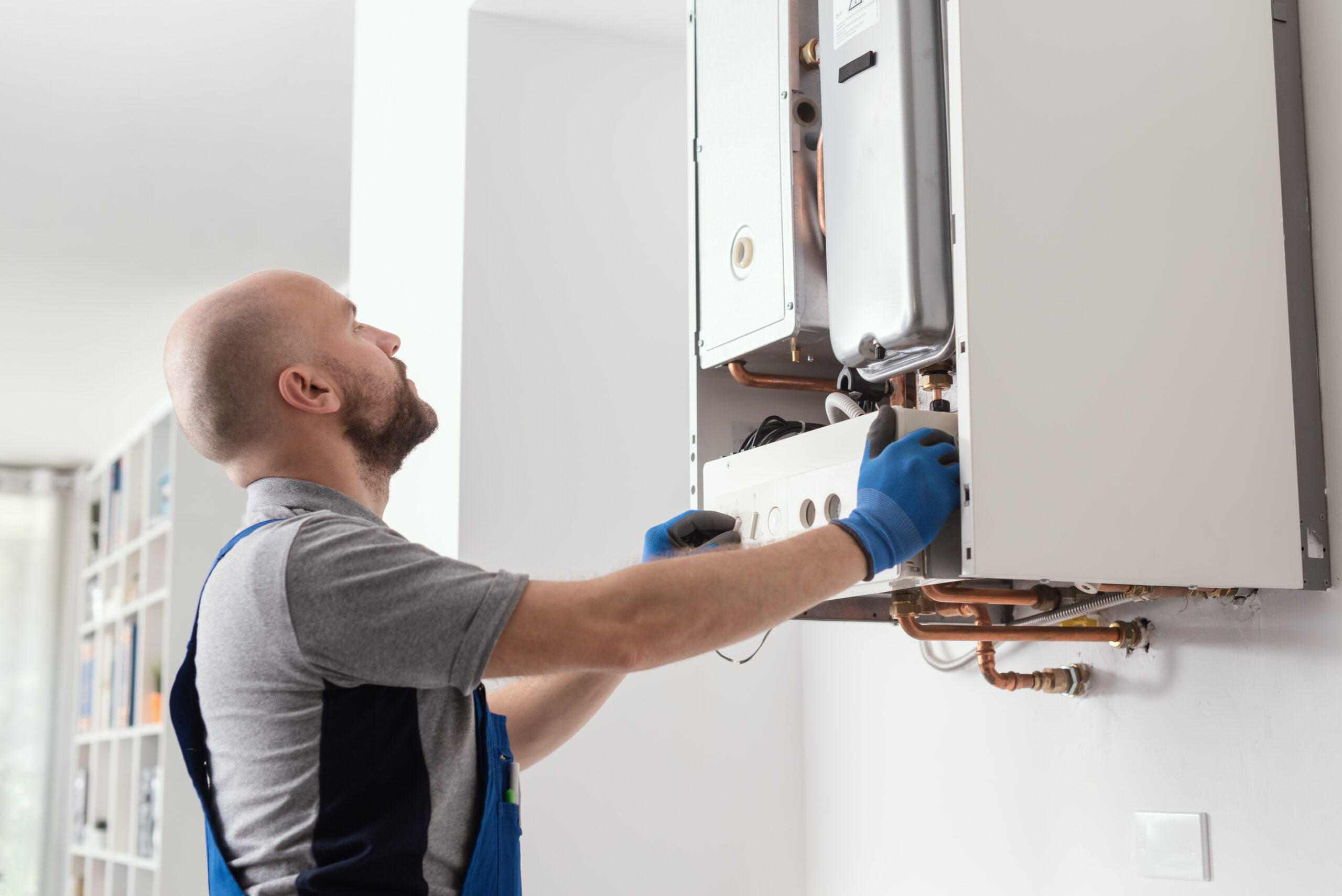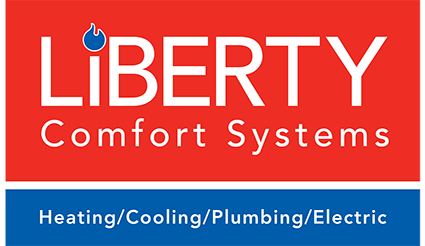
In the domain of home appliances, few inventions have had the same revolutionary impact as tankless water heaters. These small but effective devices are becoming more common in homes worldwide because they provide many benefits that transform how we access and utilize hot water.
As they have multiple benefits, they also have a few shortcomings. In this piece, we will explore the advantages and disadvantages of tankless water heaters in order to obtain a clear view of their overall performance.
Pros of Tankless Water Heaters
There are numerous outstanding characteristics of tankless water heaters. Let’s examine those first.
Energy Efficiency and Long-Term Cost Effectiveness
The energy efficiency of tankless water heaters is one of their most attractive features, and for homeowners, this translates into lower costs. Conventional tank water heaters lose standby energy because they have to work continuously to keep the water in the tank at a specific temperature.
On the other hand, since they are not required to heat and reheat a large water tank, tankless water heaters do not waste energy. Instead, they only use energy when hot water is actively requested.
These devices possess a high energy efficiency rating that can drastically lower your utility costs. Compared to conventional models, they will cost more to buy and install initially but will save you a lot of money over time. In the long run, tankless water heaters are an affordable option because homeowners notice an evident drop in their energy costs within a short period after installation.
Limitless Supply of Hot Water
The ability of tankless water heaters to produce an endless hot water supply is one of their most notable advantages. Conventional water heaters have a big tank with a limited hot water supply.
When the water in the tank runs out, you cannot fill your bathtub or take another hot shower until the tank reheats. This can be particularly disruptive for households that use a lot of hot water.
On the other hand, water heaters that are tankless heat water only when needed. Upon turning on the hot water tap, cold water enters the unit and is warmed up by a heating component shortly after entry.
Because of this feature, they are an excellent option for larger homes with high hot water consumption. It guarantees that you will always have hot water as long as there is a consistent water supply.
Space-Saving Sizes
Another feature that draws homeowners to tankless water heaters is their small and space-saving design. Conventional water heaters are usually large and can occupy a lot of space. On the other hand, tankless water heaters are small, wall-mounted appliances that can be installed in undetectable places, such as in a small closet or beneath a sink. This flexibility makes them a great option for homes with limited space.
Environmentally Friendly Operation
Tankless water heaters are an excellent environmentally friendly option in a time when environmental sustainability is highly valued. These units use less energy and emit fewer greenhouse gases. They also reduce carbon emissions by using energy more efficiently and only heating water when needed, making them an eco-friendly choice for people who care about how they affect the environment.
Moreover, they last longer than traditional tanks, significantly reducing the number of heater materials in landfills. The longer product life and decreased need for replacements is a significant step toward environmental sustainability.
Tax Incentives and Rebates
Tankless water heaters are among the energy-efficient appliances that many governments and utility companies encourage consumers to purchase by offering tax incentives and rebates. By taking advantage of these incentives, homeowners can further lower the up-front costs of buying and installing a tankless unit, making it an even more alluring investment.
Safety Features
Modern safety features are frequently embedded into tankless water heaters. These features include freeze protection, ensuring the unit does not succumb to frigid conditions, and scald prevention, which safeguards users from water that gets too hot. Therefore, these units allow homeowners to feel at ease, knowing there’s no chance of injury due to a mishap with scalding water.
Cons of Tankless Water Heaters
On the other hand, there are a few drawbacks. We’ll look at those too.
High Initial Cost
The high initial cost of tankless water heaters is one of their biggest drawbacks. Their purchase and installation costs are substantially higher than those of traditional tank-style water heaters. This price covers the cost of the actual unit and expert installation, which may entail modifying the established infrastructure of your home.
Installation Challenges
Installing these units can be difficult and could necessitate considerable adjustments to your electrical and plumbing systems. Installing a dedicated gas line of the right size for gas-fired tankless units can be expensive and time-consuming.
Your electrical panel and wiring may need to be upgraded to accommodate the increased load from electric tankless units. For some homeowners, this is a less appealing option because of the extra expenses and complications that may occur during installation.
Poor Performance in Extremely Cold Weather
Another disadvantage is how tankless water heaters may operate in cold climates. These units find it difficult to heat water to the desired temperature as quickly in areas with cold winters because the incoming water temperature is much lower.
That may lead to lower hot water flow rates and longer wait times. At this point, a homeowner might need to install a bigger or more powerful unit to make up for these inconveniences. Energy conservation is one of the main advantages of tankless water heaters, but this may be compromised in colder climates.
Demanding Maintenance Requirements
Tankless water heaters require routine maintenance to operate effectively. Scale and mineral build-up inside the unit can result from improper maintenance, reducing efficiency and possibly causing malfunctions.
It is crucial to periodically flush the system to eliminate these buildups, an activity best undertaken by a professional. Traditional tank-style water heaters typically require less maintenance.
Variations in Water Temperature
One of the most common problems with tankless water heaters is inconsistent water temperature. The temperature of the water can fluctuate as a result of several fixtures or appliances using hot water at the same time.
For instance, if someone runs the dishwasher as you use the shower, you might notice abrupt temperature changes in the water. On the other hand, tank-style water heaters typically release more consistent water since they continuously heat, store, and distribute hot water.
The many advantages of tankless water heaters make these units compelling for homeowners looking to upgrade their systems or make installations in their new homes. However, they do come with a few disadvantages, as stated above. The decision between a tankless water heater and a traditional tank-style unit ultimately comes down to your preference and circumstances.
Consult With Local Professionals
At Liberty Comfort Systems, we provide the residents of Anoka, MN and the surrounding areas with new installations, repair services, and timely maintenance visits. Our company is known for delivering the best heating, cooling, electric, and plumbing services in this region. This reputation results from the exemplary work and excellent customer service demonstrated by our amazing team. For more information on tankless water heaters or any of our other products or services, call us up at Liberty Comfort Systems today!

